Recently the Union government sought a review of the Supreme Court's order constituting a Special Investigative Team (SIT) to probe the issue of black money stashed abroad. The government believes this is judicial over-reach, but it forgets that the courts stepped in because of executive "under-reach." It is one thing to object to a Supreme Court-appointed SIT, quite another to be SITting on your hands doing nothing.
But stashing money abroad is not just about the government not earning its share of tax revenues.
It is actually a vote of no-confidence in the country and its people.
Hence, it is financial skullduggery.
Here's the second part of our Dummy's Guide to Tax Havens and Black Money in which we explain how black money is generated and spirited away. The first part was published by First post on 3 June.
What is black money and how is it generated?
It's not the colour of the currency, for sure. Income generated by illegal means and on which no tax is paid is called black money. Corruption is one of the major causes. All corrupt acts generate black money since the receiver does not want to show it as income to the tax authorities. This is why the finance ministry's chief economic advisor, Kaushik Basu, even suggested legalizing small-time bribes since it can at least be taxed.
Domestic corruption can be retail or wholesale. The retail one is what hurts most of us. The policeman who collects a bribe when you jump a red signal, the electricity board engineer who wants speed money to fix your meter, or the RTO official who wants a payment to issue a driving licence - such situations can be multiplied a million times.
We can also call this womb-to-tomb bribery, from birth certificate to death certificate. This retail corruption is what we are up against on a day-to-day basis. And this generates huge amounts of black money, mostly in the hands of thousands of government employees. This is what is not felt in developed countries. In the US or Europe, retail corruption that affects the common man is rare.
Corruption generates black money but black money is generated even without corruption. For instance, if you do not collect the bill for your next petrol purchase you have generated black money.
Then there is wholesale corruption, which is generated through the award of road/project contracts (as in Commonwealth Games) or the issue of licences or allotment of scarce resources like spectrum (as in 2G scam). Wholesale corruption also happens in government purchases - whether it is medicine in hospitals or books in schools or aircraft for Air India or Bofors guns or coffins for defense. Corruption happens even in the private sector, but since the losses are borne by promoters and shareholders, we should not bother about that now.
Why should I bother about wholesale corruption?
Wholesale corruption does not affect us directly, but it does impact us indirectly. When A Raja allegedly made money by under pricing spectrum and allotting it to specific parties, telecom companies had to recoup the costs from somewhere - it could be through higher mobile bills or poorer quality service, or both. Also, the government loses revenue, which means less money to spend on more worthwhile projects like subsidizing the poor.
It is important to note that corruption generates black money but black money is generated even without corruption. For instance, if you do not collect the bill for your next petrol purchase you have generated black money. If you visit your doctor and pay him his fees without a bill, the doctor may not pay his taxes.
So the equation is corruption generates or implies black money but black money does not imply corruption.
Where is this black money kept?
Unlike what is shown in Bollywood films, black money is not kept in cupboards or suitcases - though some if it may well be kept there. Black money is usually kept in circulation by using it to finance informal trade and commerce - usually at a higher interest rate than what banks charge.
For instance, we estimate that only 30 percent of retail trade financing is done by banking institutions. The remaining money comes from money-lenders - a good portion of it from black money. Actually, domestic black money is a hidden reserve and it may also be beneficial in some ways as it finances economic activities. Also, black money circulates faster than white money, which slows down as it passes through the banking and taxation loop.
But black money distorts resource allocation since people with huge amounts of it will use it to build spas at home or buy Italian marble for the verandah or gold-plated bathroom fittings. The economy thus tries to cater to this profitable demand instead of what the bulk of the people need.
Moreover, black money is also stored in real estate, which is one reason why we are finding everything unaffordable in the property market.
If black money is useful here, how did it land up in tax havens abroad?
There are several reasons for keeping wealth abroad clandestinely. They can be broadly categorized as vegetarian and non-vegetarian reasons/purposes. The illegal wealth itself can be classified as veg or non-veg. The veg reasons for keeping wealth abroad include tax evasion, and keeping some dollars abroad for meeting expenses when you travel abroad or for your child's education or daughter's honeymoon.
The non-veg money is accumulated for terror financing or gun running or drug money or flesh trade. (Disclosure: I am a vegetarian and so I am categorizing these purposes in this fashion.) The former is illegal but less harmful compared to the latter. The government needs to approach the issue in different ways in tackling these two segments of black money. We will elaborate it later. Let us first look at the veg segment first, and how it emerged.
Why did so much black money get generated?
In the sixties and seventies, tax rates used to be very high in India. At the margin it was more than 90 percent in many years. This meant that for every Rs 100 earned in the upper-income brackets, more than Rs 90 would go as taxes. Hence rich persons began to accumulate wealth abroad to avoid such "usurious" taxes.
The high levels of taxes were the result of "Nehruvian socialism" which felt that the rich should be soaked to improve the lot of the poor. The latter did not happen, but such policies "improved" the ability of tax officials to extract money as bribes from the rich and encouraged the latter to look out for secretive jurisdictions to store their wealth.
Foreign exchange controls were also so stringent that businessmen found they could not afford to stay in decent hotels when travelling abroad for business. They could not send their sons and daughters to get an Ivy League education. Hence the need to maintain dollars abroad - often in tax havens.
But it is the second broad category - namely the non-veg - that is insidious and dangerous. It is not only about lost taxes, but also about what kind of nefarious activities it may be financing, including possibly terrorism and gangsterism.
India's restrictions on gold holdings and high customs duties created an entire class of smugglers who brought in gold illegally from Dubai. There were smugglers not only in gold, but any luxury item that was banned or too expensive to import (including electronic gadgets at one time). This is how Nehruvian economics created crime syndicates which, over time, metamorphosed into financiers of terror, a la Dawood Ibrahim.
How does the money go out of the country?
One of the important mechanisms is called "trade mispricing". When an exporter under invoices (underprices) his goods, the difference is paid by the importer abroad in a Swiss account, or any tax haven. One can also over invoice imports. Let's say a US exporter sells us a piece of machinery worth Rs 100 crore for Rs 110 crore. In this case, a higher amount is remitted from India, enabling the exporter to pay us the excess back in a tax haven.
Black money is also generated in defence deals. In the Bofors case, a commission was paid for the deal when the Indian policy was that no commissions could be paid? Who got the money?
Then there are hawala transactions. At the criminal level, you can merely hand over a sackful of rupees, and the courier will deliver dollars somewhere abroad - obviously at an exchange rate that is significantly higher than the official one.
But hawala transactions can also be done by the ordinary well-to-do. Let's say you want to finance your father's operation abroad. You can ask you friend in Dubai to bear the cost, in return for paying the equivalent amount in rupees to his sister in Hyderabad. This does not look like a criminal thing to do, but legally it is no different from the illegal hawala deal.
R Vaidyanathan is professor of finance at IIM, Bangalore







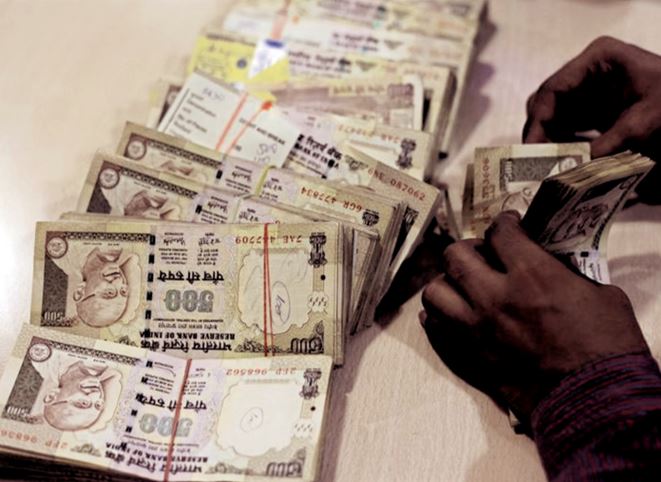
 OpinionExpress.In
OpinionExpress.In

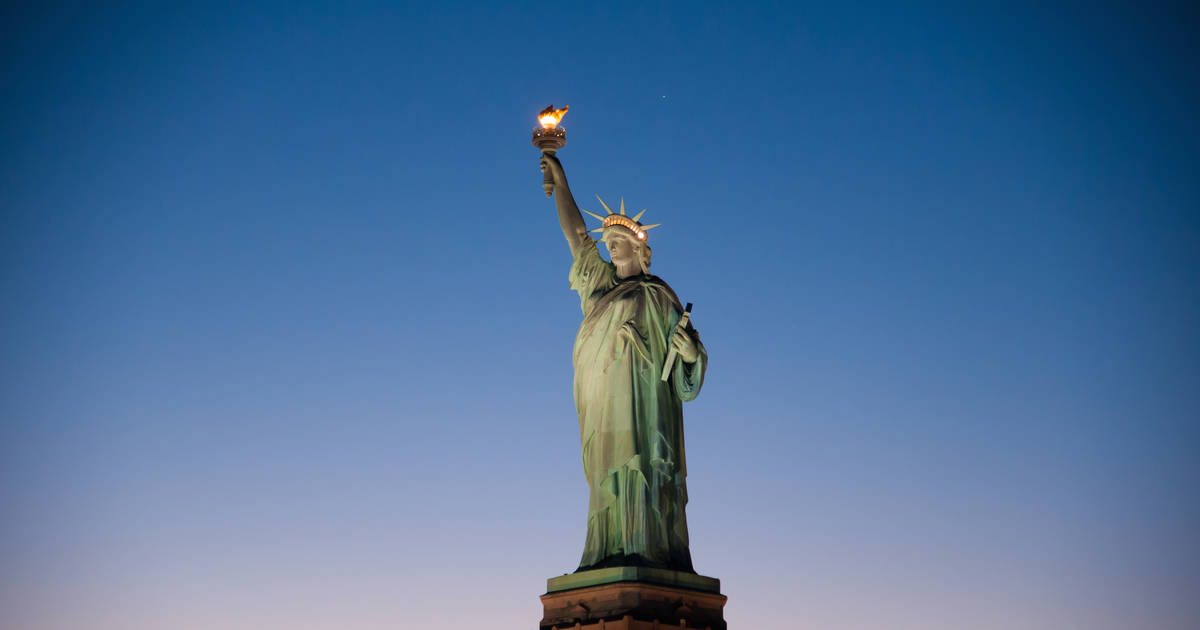
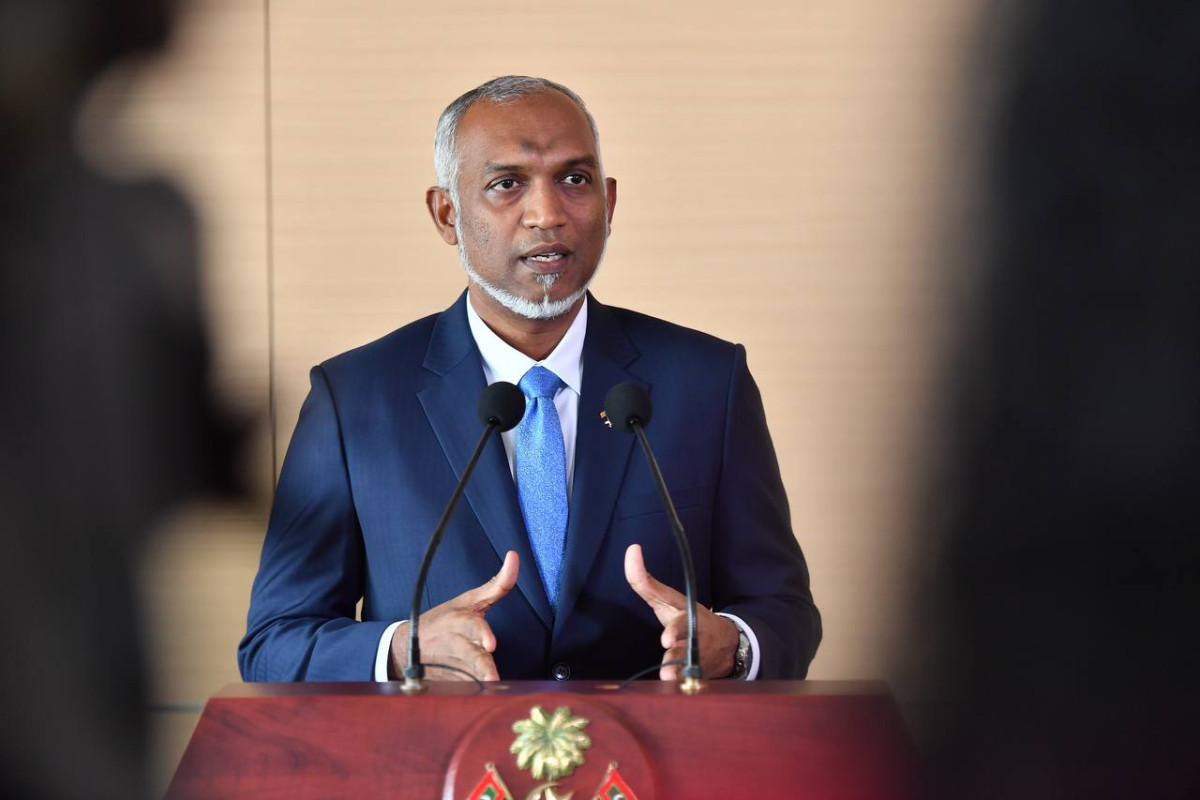

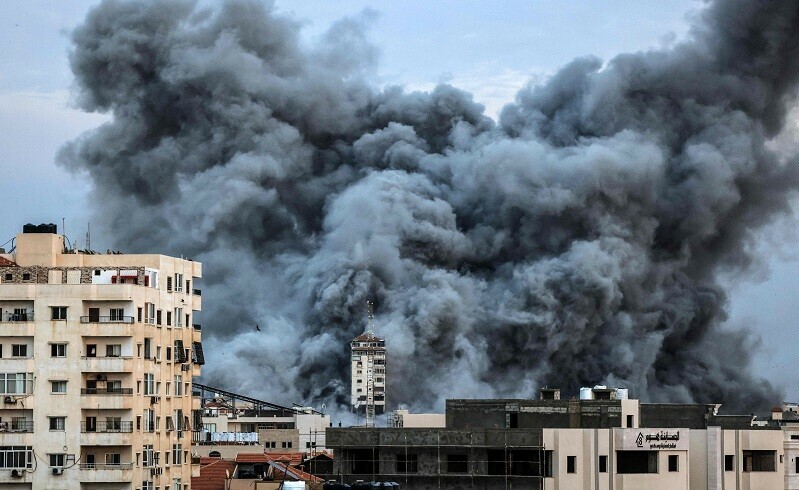

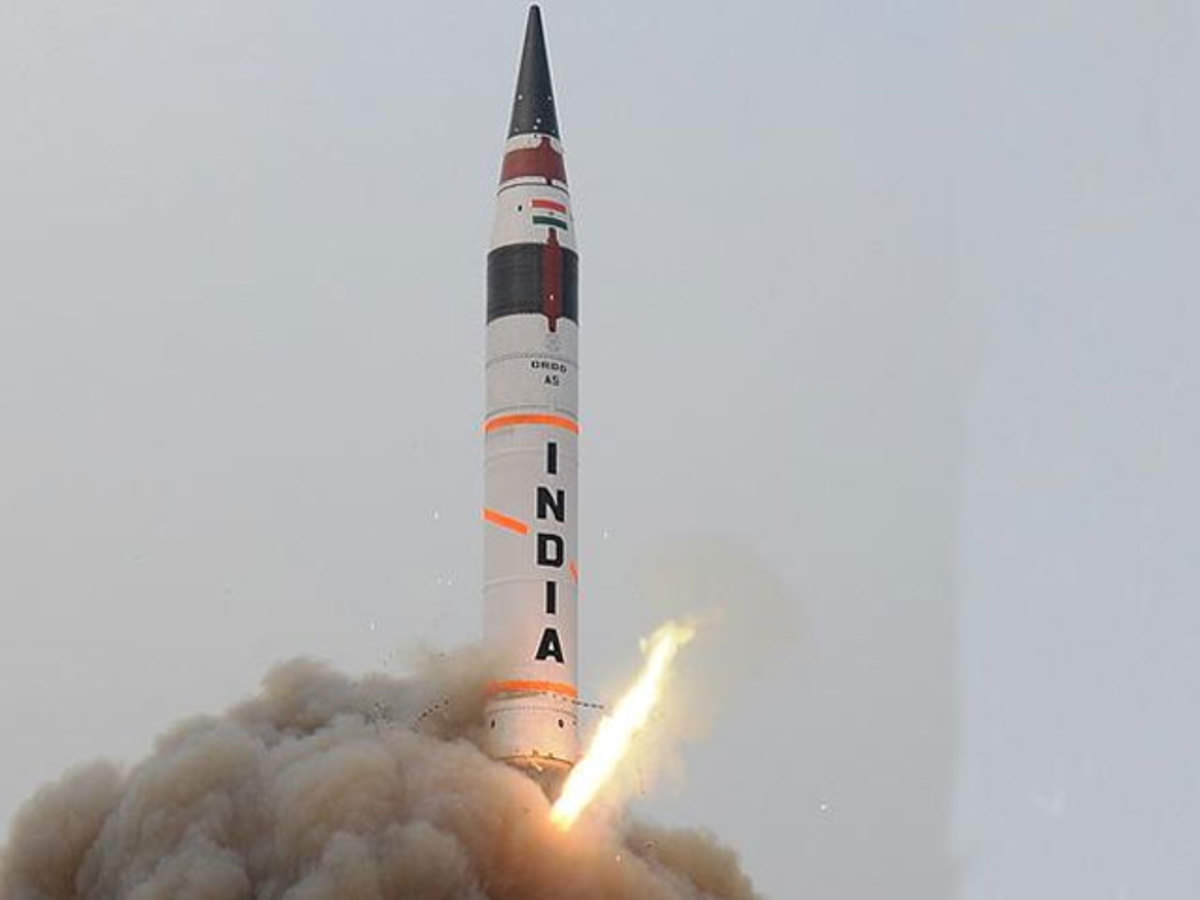
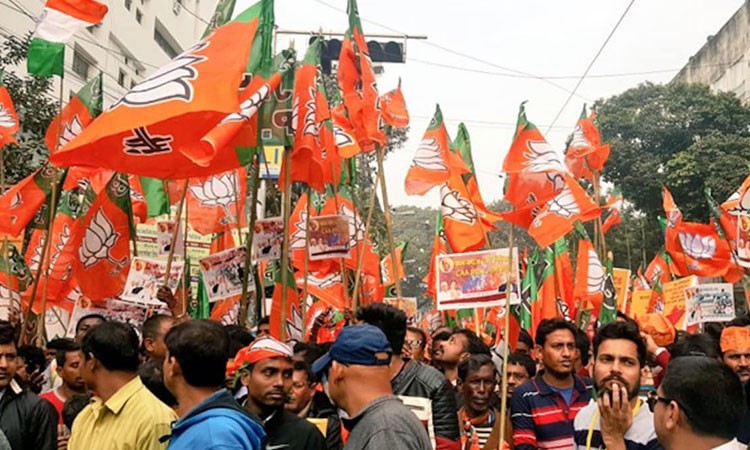







Comments (0)